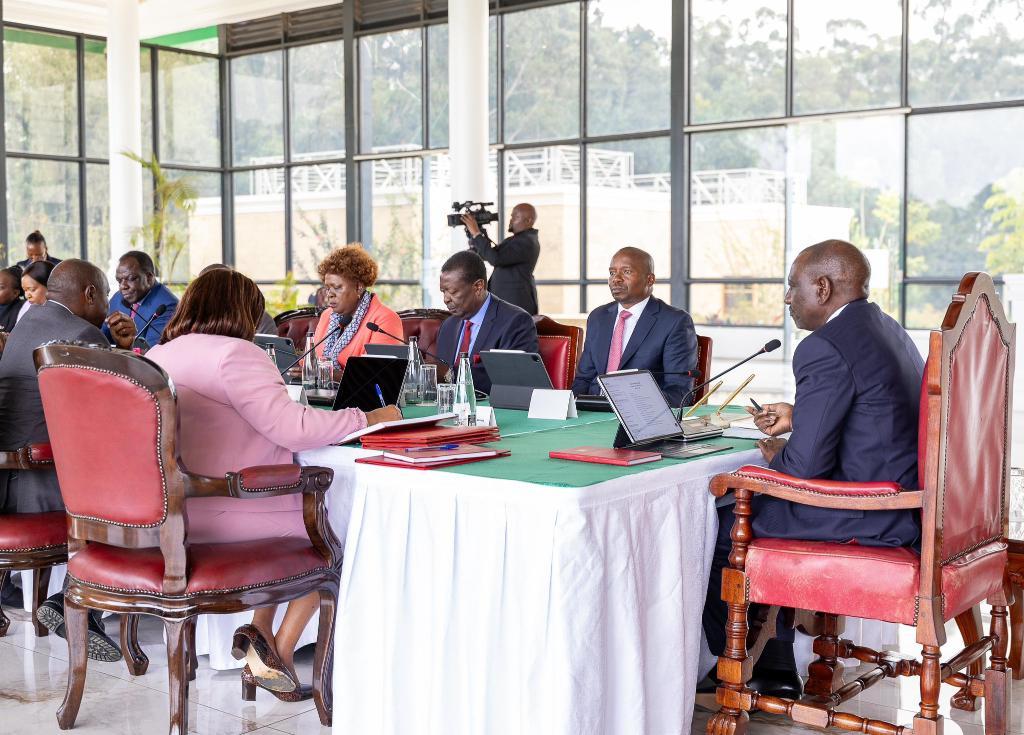The government has given the green light to a nationwide programme that aims to tackle youth unemployment by offering skills training, work experience, and business support to over 820,000 young Kenyans.
Approved during a Cabinet meeting chaired by President William Ruto at State House on July 29, the National Youth Opportunities Towards Advancement (Nyota) Project is set to launch in August.
The initiative is a joint effort between the government and the World Bank and targets vulnerable and jobless youth, including persons with disabilities.
It will form part of the government’s Bottom-Up Economic Transformation Agenda and is built around the Hustler Fund platform.
The Nyota programme is expected to promote employability through paid on-the-job training, entrepreneurship support, life skills development, and recognition of prior learning.
Speaking at the 62nd Madaraka Day celebrations, Ruto had announced, “As part of our financial empowerment programme for those at the base of the economy, Nyota will enhance employability through training, work experience, recognition of prior learning, entrepreneurship, and a savings culture.”
It will specifically benefit youth aged 18 to 29, and up to 35 for those with disabilities. So far, over one million applications have been submitted, signalling strong demand for such support among the country’s youth.
The programme will benefit at least 70 young people per ward through grants, market access, and business training.
A key component is the On-the-Job Experience initiative, which will offer between three to six months of placements for 90,000 participants.
Each will receive a monthly stipend of Sh6,000, which will be deposited in Haba Haba savings accounts.
Applications opened on July 11 and will close on August 15, 2025.
The Cabinet noted that Nyota draws lessons from past programmes such as Kazi Mtaani and the Kenya Youth Employment Opportunities Project (KYEOP), which proved that targeted support and private sector partnerships can help bridge the gap between skills and job market needs.
The project is also designed to acknowledge the informal skills many young Kenyans possess by offering certification through Recognition of Prior Learning (RPL).
By aligning training with current labour demands, the government hopes the programme will improve long-term employment prospects and promote entrepreneurship among youth who lack formal credentials.
Authorities view Nyota as a key investment in Kenya’s future, with over 70 percent of the population under the age of 35.

